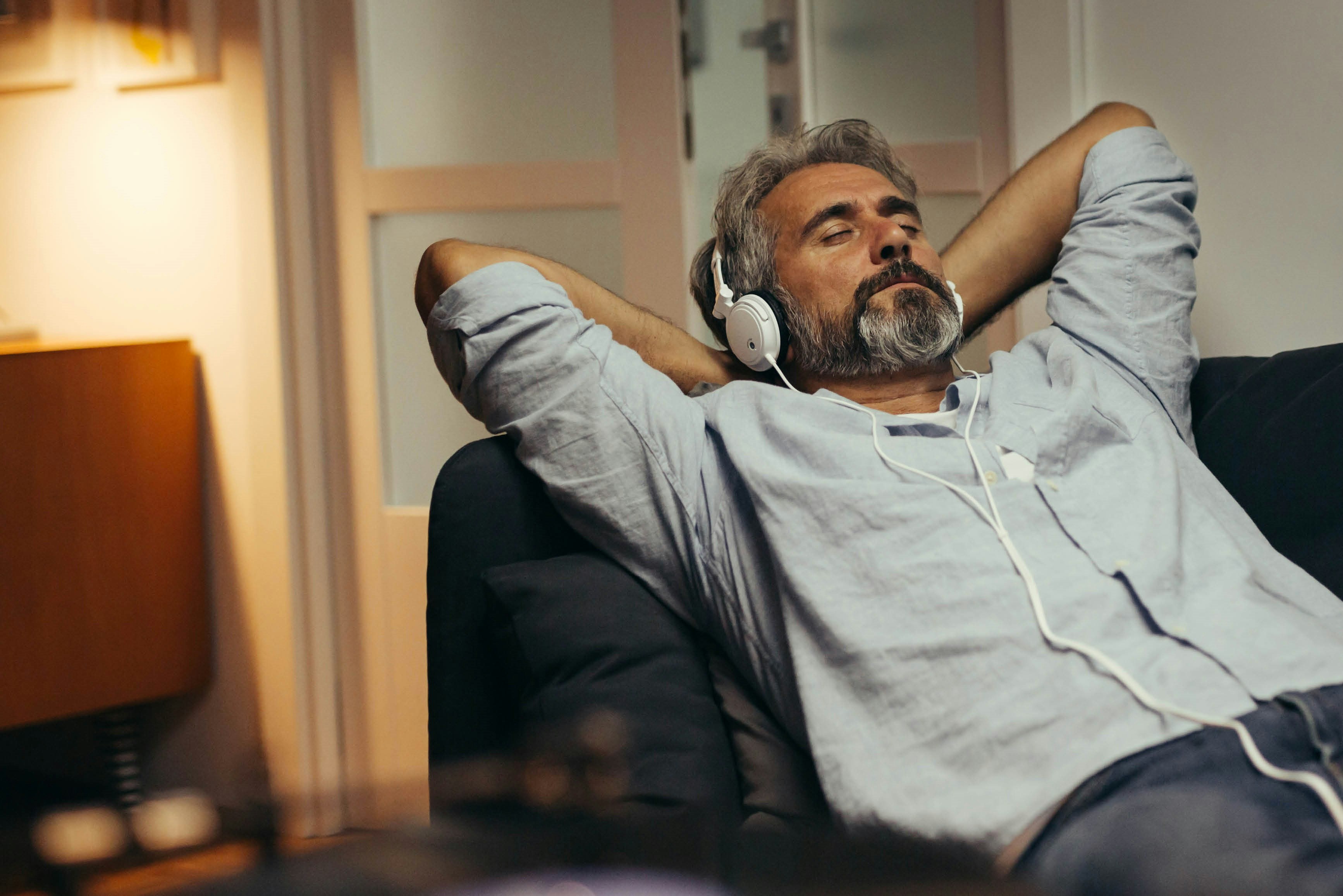Get Healthy
An information and coaching service connecting you to a personal health coach who can assist you via telephone with getting active and eating more healthily.
The importance of physical activity and healthy eating in improving the ability to cope with stress and running a business.
A healthy lifestyle is essential for both your health and your business. Regular exercise and the food we eat both play a vital role in keeping us well by improving our physical and mental wellbeing and our ability to cope with stress. Putting time and energy into a healthy lifestyle can be an act of self-care.
Exercise has positive benefits for your physical health, as well as your mental health and wellbeing. It reduces the body’s stress hormones, and at the same time produces endorphins - the body’s natural painkillers and mood elevators. Exercise is a great way to proactively help yourself to cope better when times are stressful.
For busy business owners, another important benefit of exercise is that it can increase your strength and stamina, as well as improve your self-confidence and self-image. Australian government guidelines recommend that adults do at least 30 minutes of moderate to intensive exercise most days of the week.
If you are just starting out, remember that any physical activity is better than none. Breaking the recommended 30 minutes into smaller 10-15 minute blocks makes it easier to fit a few stretches or a quick walk into a break. Taking the stairs or walking from a car park further away can be effective ways to start adding movement into your existing daily routine. As you meet these goals, you can then challenge yourself to increase your physical activity.
The Department of Health has further tips to add physical activity to your routine. If you are new to exercise, or you have a health condition, it is recommended that you seek medical advice from your GP.
A balanced diet provides the body with essential nutrients, and helps reduce the risk of physical health problems such as diabetes and high blood pressure. But did you know that diet can also impact your mental health? Your brain functions best with the right nutritious fuel.
Research suggests that high intakes of fruit, vegetables, fish, and wholegrains are associated with a reduction in risk for depression. The food we consume can also directly impact our energy levels, sleep, concentration, fatigue and stress levels.
The Australian Guide to Healthy Eating recommends a variety of foods from the following five groups every day:
If you have a health condition, or you are in need of specialised dietary recommendations, talk to your GP or find an Accredited Practising Dietitian near you.
It can be hard to find nutritious foods and drinks when you are constantly on the go for work, but with a little preparation, healthy options are within reach.
An information and coaching service connecting you to a personal health coach who can assist you via telephone with getting active and eating more healthily.
Healthy lifestyle information, including healthy food swaps and exercise and fitness topics.
Government website with plenty of information, tools and resources on eating well.
Healthy eating information and nutritious recipes.

How to strike a healthy work-life balance, reduce your stress levels and increase your job satisfaction. How to strike a healthy work-life balance, reduce your stress levels and increase your job satisfaction.

Feel more socially connected: easy steps to initiate positive social connections.

Sleep plays a key role in problem-solving, immune functioning, memory, learning, coping and mood and is an incredibly important part of our day-to-day lives.

Running your own business takes a lot of time and energy. Find out how you can take care of yourself and fill your own cup, in order to be energised and mentally resilient.